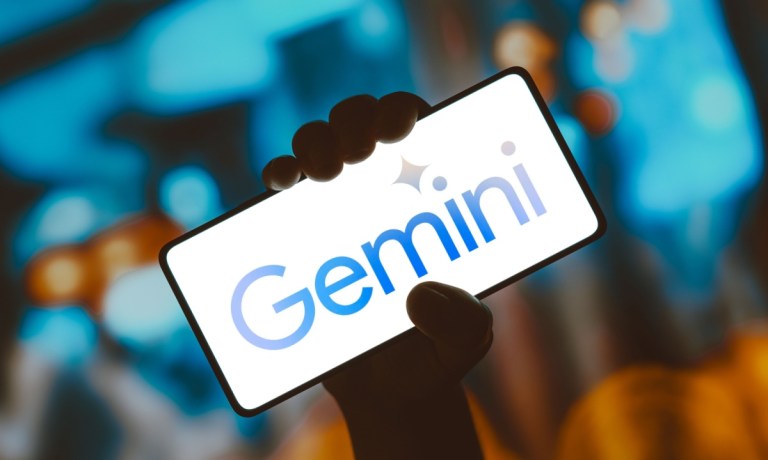How Apple’s Deal With Google Could Shake Up AI

As the tech world continues to buzz about the potential of generative artificial intelligence (AI), Apple finds itself uniquely positioned to bring its own twist to the technology. The company is reportedly negotiating to integrate Google’s Gemini AI engine into the iPhone.
“Apple’s largest moat, the App Store and Apple Services and their nearly 2 billion loyal and affluent customers, will lead to them investing in AI for developer tools for app development, app content, and a category that’s eluded Apple forever, search,” Michael Jaconi, CEO of the AI marketing tech company Button, told PYMNTS in an interview. “Apple’s $18 billion paycheck from Google is great, but no one monetizes AI search today, really, so why not own that future when so much of the current search market already starts with you.”
Apple’s Play for AI
The Apple discussions with Google are in their early stages, and the details of a possible agreement have yet to be finalized, according to The New York Times. Apple is also exploring possibilities with other AI firms, aiming to leverage the capabilities of a comprehensive language model that can process extensive data sets and autonomously generate text.
Apple CEO Tim Cook, has assured investors of the company’s AI plans. It faces competition from Samsung and Google, which have already incorporated Gemini into their latest smartphones.
Apple is already quietly moving into the AI realm. Bloomberg recently revealed that Apple discreetly acquired DarwinAI, a Canadian startup, at the beginning of this year. This acquisition follows Apple’s purchase of 32 AI startups over the course of 2023, as reported by MacRumors, placing DarwinAI as the most recent addition to a series of similar acquisitions.
DarwinAI has garnered recognition for its innovations in optimizing AI systems to be more compact and efficient. Additionally, the startup has developed AI technology aimed at enhancing the visual inspection of components during manufacturing processes. According to Bloomberg, Apple has successfully integrated numerous DarwinAI employees, including co-founder Alexander Wong, into its workforce.
How Apple AI Could Shape Commerce
The implications of Apple’s AI investments could be far-reaching, particularly in the realm of commerce.
Jaconi said, “At the heart of Apple, there is a belief that the business models that drive commerce and real value for app developers and advertisers are the models of the future.” He added, “As Apple continues to forge loyalty from the most affluent online shoppers, they will invest in AI to make commerce on Apple devices (and in-store with Apple Pay) easier, as this will contribute to their flywheel.”
Jaconi said Apple’s influence could lead to more intuitive shopping experiences powered by AI, attracting more app developers, increasing app installs and app store revenue, and ultimately drawing in more users.
Perhaps the most exciting prospect is Apple’s potential to drive consumer adoption of AI. “They could enable consumer adoption at unparalleled scale by enabling seamless AI integration into iPhone search and Siri functions,” Jaconi said. “Unlocking AI-powered app connections that control both your digital and physical world at a pace no other company could rival. With this, Apple would bring the concept that the iPhone is a remote control for daily life closer to reality than ever before.”